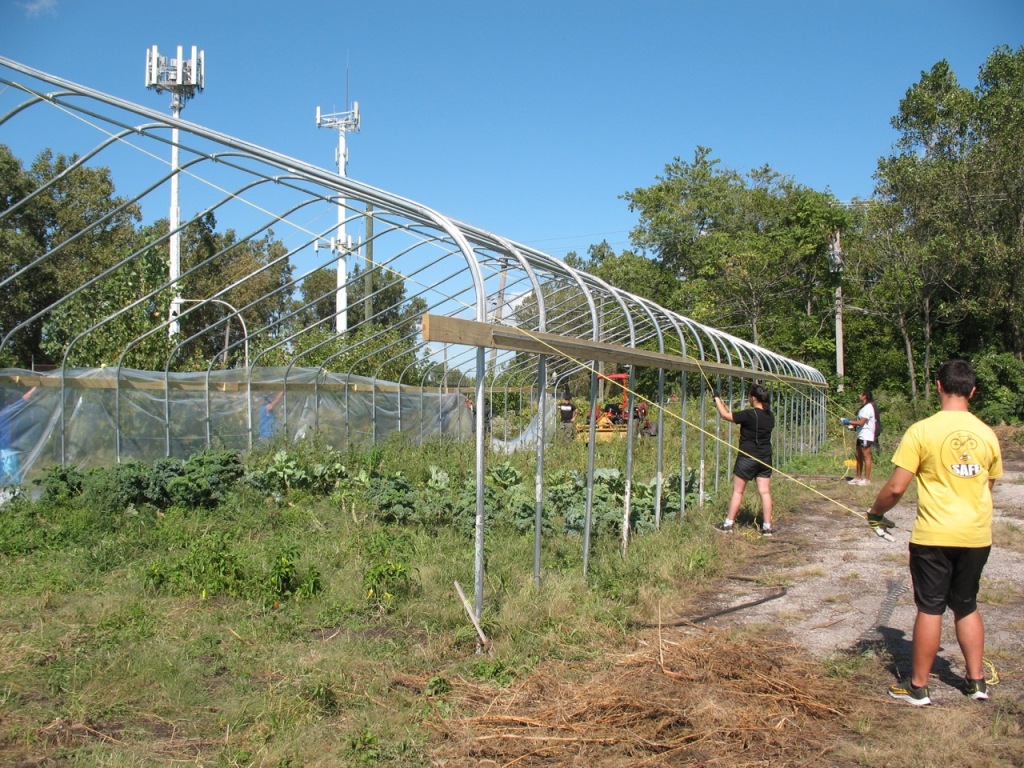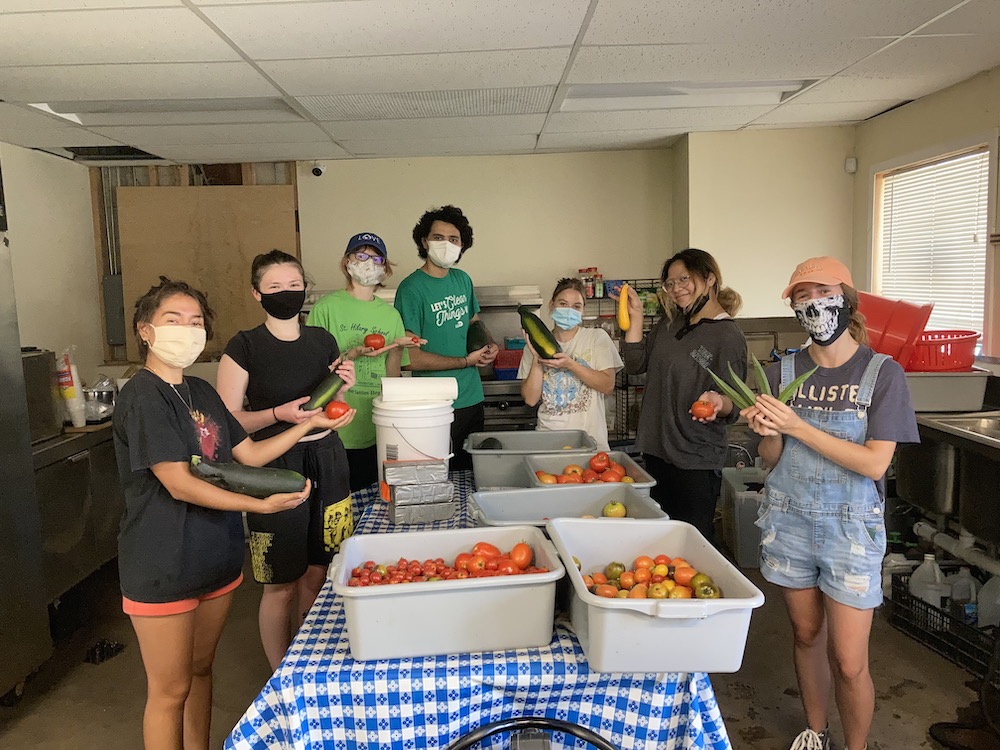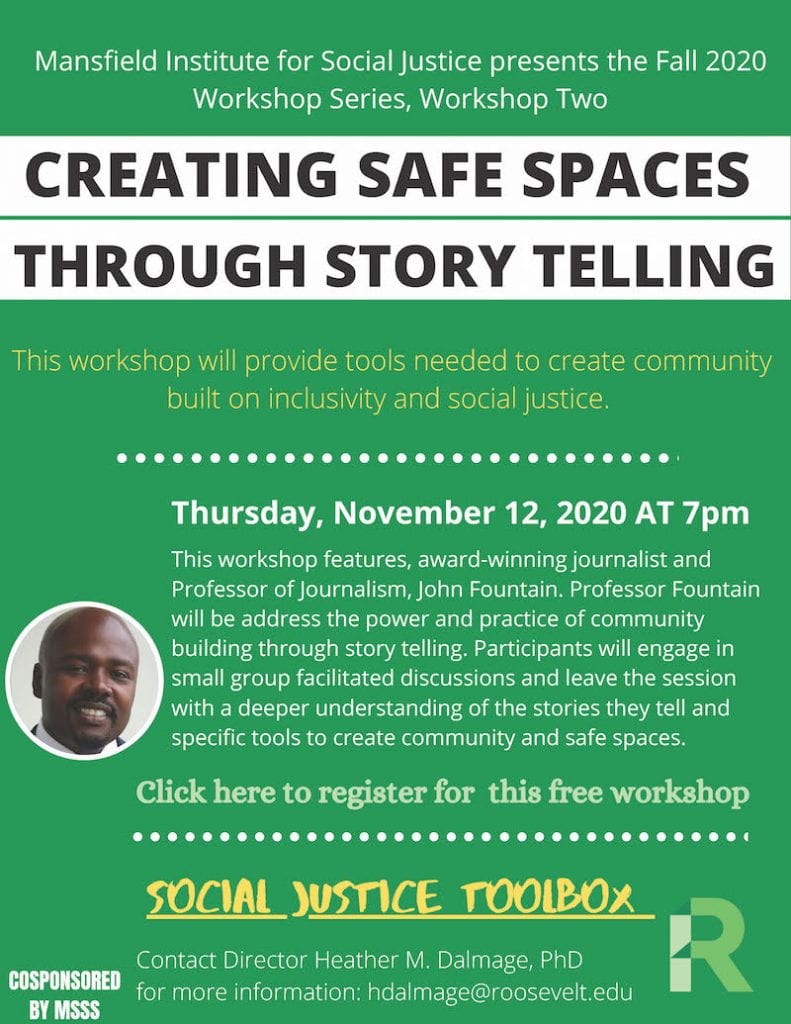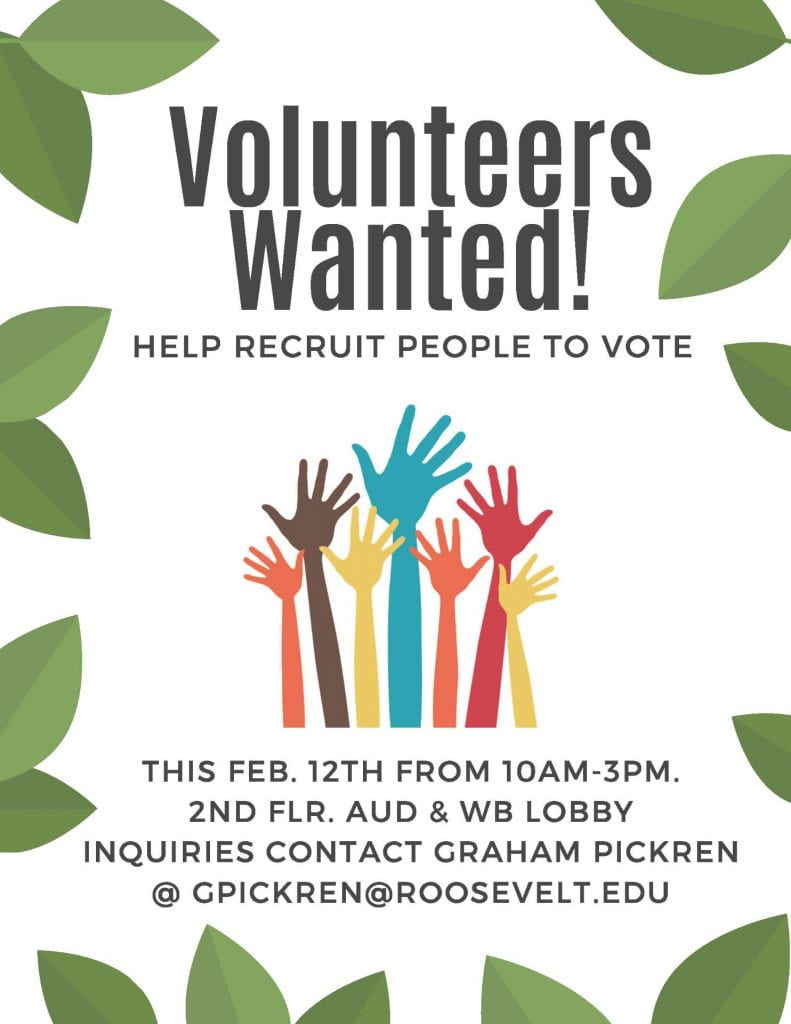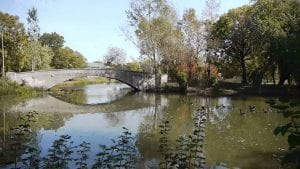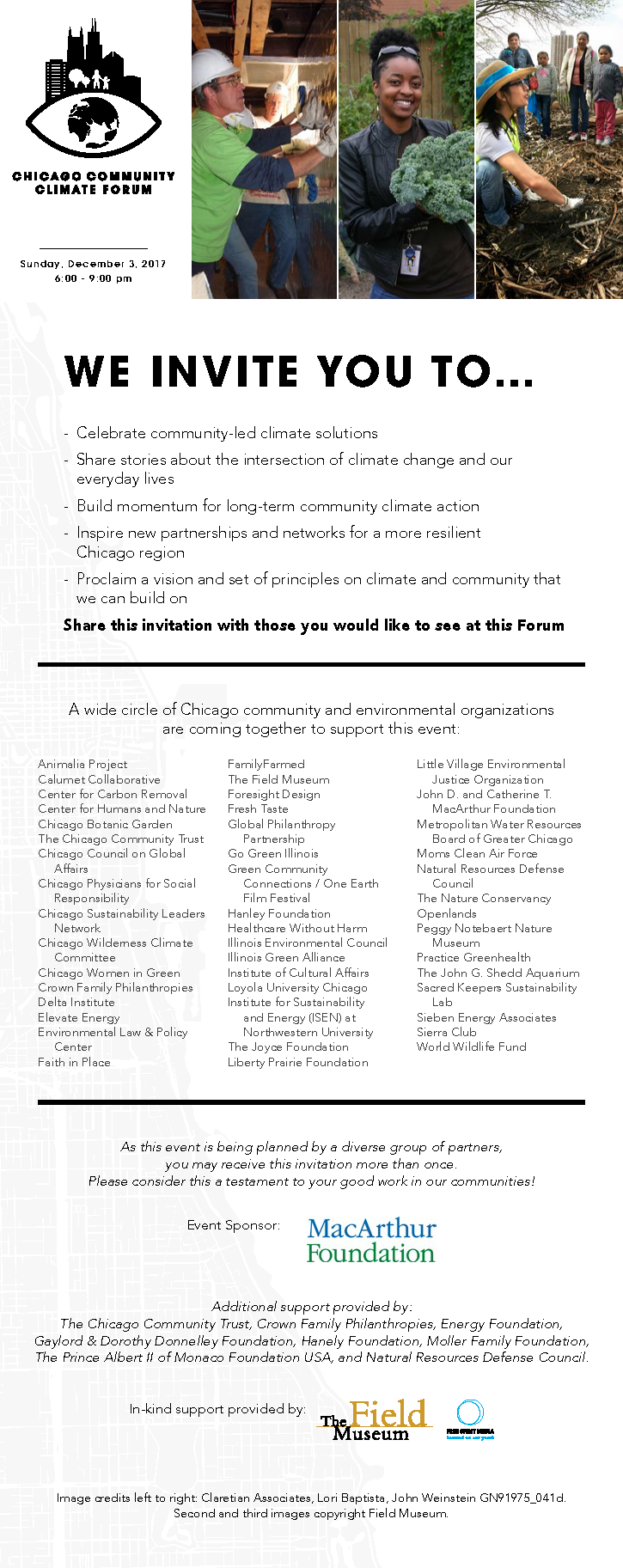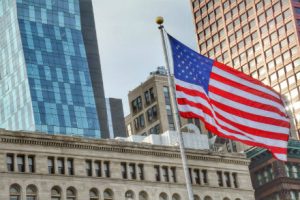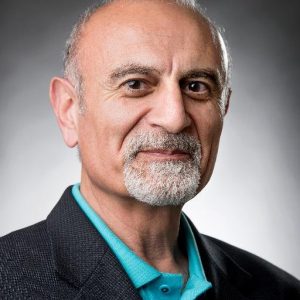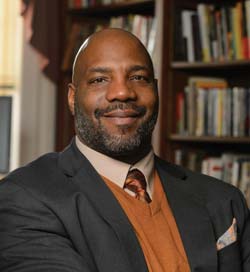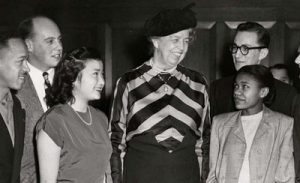Dear RU community — The students of Prof. Mike Bryson’s SUST 350 Service & Sustainability class have dedicated this past week to planning two pop-up events to help our longtime community partner non-profit org, Eden Place Nature Center and Farm, survive and thrive in these difficult pandemic times.
- Friday 10/15 Music! “Farm Aid” benefit concert (6:30pm, doors open at 6pm) to save Eden Place Farms (live in person at 4911 S. Shields Ave., Chicago). Live concert is free to attend in person, with suggested donation and mandatory vax proof; make any online donation for livestream access.
- Saturday 10/16 Family Fun! “Family Fun Fest” event at the Nature Center the following day, Sat 10/16, from 12-4pm to connect with the community and help raise funds. Details below.
Here’s how you can help with Saturday’s Fun Fest!
Where: Eden Place Nature Center (4417 S. Stewart Ave.) — 10min walk from the 47th St station on the Red Line, or EP staff can pick you up at the station if needed
When: Set up from 9:00am-12:00pm , event at 12:00pm-4:00pm , clean-up 4:00pm-5:00pm
What: Looking for at least 1-2 people to manage the raffle/pumpkin pick-up booth and a wristband seller at the entrance during 12-4pm event. Also looking for raffle donations from local businesses, saleable clothing items and/or plants in small pots.
Activities: Train ride and pumpkin/plant pot painting (wristband activities), bake sale, raffle, thrift and houseplant sale, and free games such as jumbo Jenga, basketball, cornhole, etc.
RU Contact People:
- Alyssa Spleha (aspleha@mail.roosevelt.edu), SUST 350 student event organizer (main student contact for volunteering at event)
- Gabriel Gonzalez (ggonzalez25@mail.roosevelt.edu), SUST 350 student thrift sale organizer (for dropping off gently used clothing @WB today or Friday)
- Mike Bryson (mbryson@roosevelt.edu), SUST 350 prof (for general questions)
Eden Place Contact Person:
- Michael Howard (michaelhow@msn.com), Eden Place executive director and co-founder
If you have some time this week to contribute to this effort, please get in touch with Alyssa or Gabriel to find out how you can help and discuss logistics. The most pressing need is for a couple extra people to help work the entrance and booths at the Fest. However, if you can bring some clean articles of clothing to WB for the thrift sale, that’d be great too. Sorry about the short notice, but we’re doing the best we can on a tight deadline!
All off-campus volunteers would need to complete the RU Travel Waiver Form. Return to me (mbryson@roosevelt.edu) prior to the event. 350-98 RU Waiver Forms 2021Fall.pdf
Peace and thanks to all,
The SUST 350 Service / Eden Place Team


